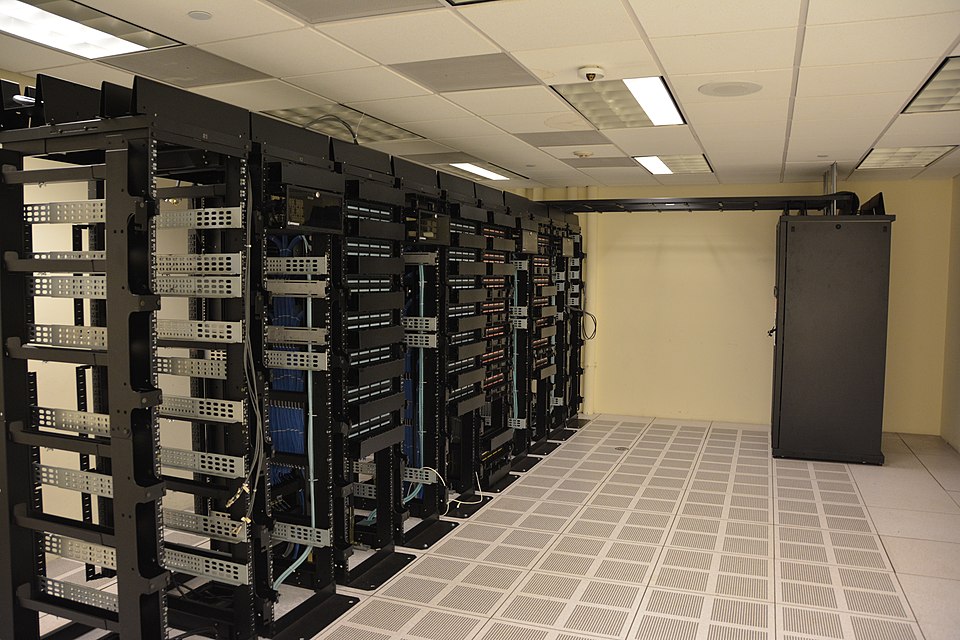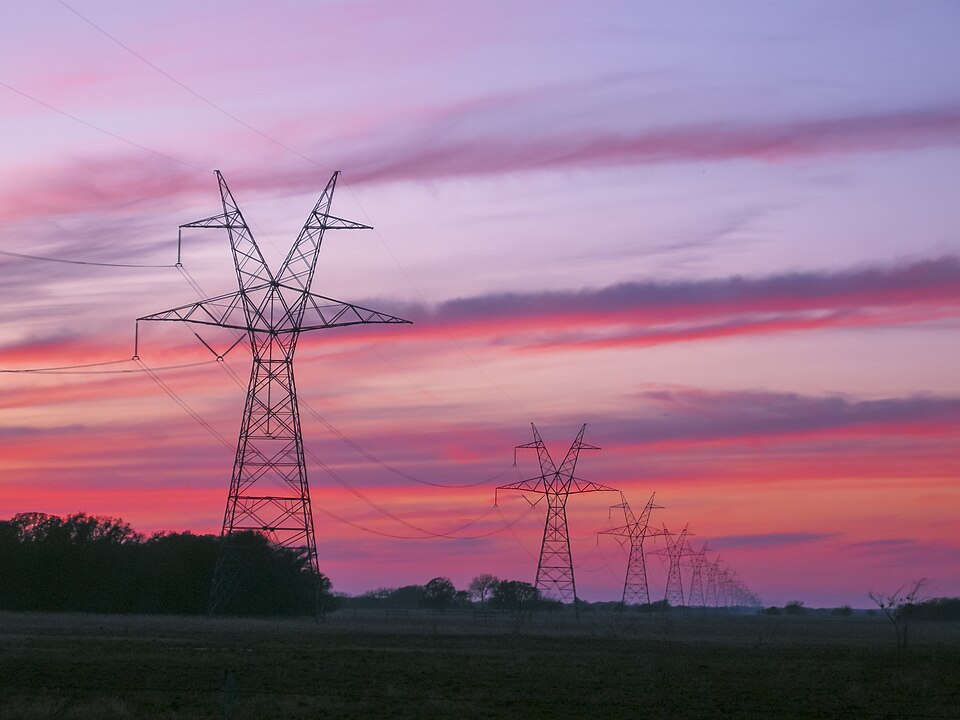The best energy plan for your home
Last Updated: October 30, 2025
Texas Data Centers & the Power Grid
AI and cloud are fueling a boom in power-hungry facilities. Here’s how ERCOT and the PUC are planning for it—and what it means for Texans.

1) A rapid surge that’s testing grid planning
Texas is fielding unprecedented interest from large electricity users like data centers. ERCOT reported tracking roughly 156 GW of large-load requests by June 2025, up from ~63 GW in December 2024. More recent reporting puts the figure near 205 GW of requests as of late October 2025. These projects can move faster than traditional transmission buildouts, forcing planners to rethink timing and siting.
2) What is a data center—and why do they use so much power?
A data center is a facility that houses critical computing infrastructure—servers, storage, and networking—supported by power systems (UPS, backup generators), cooling, and fire suppression. Modern “AI data centers” add high‑performance GPUs and dense cooling to train and run machine‑learning models. In short, they turn electricity into compute, and at scale.
3) The 75 MW threshold & ERCOT’s large‑load process
ERCOT treats “large loads” as sites ≥ 75 MW. Connecting them requires studies with Transmission Service Providers (TSPs), possible grid upgrades, telemetry validation, and ERCOT approval to energize. ERCOT is also addressing “ride‑through” issues so multiple large loads don’t drop simultaneously during faults.
4) New Texas rules: SB 6 and cost fairness
In 2025 lawmakers and regulators advanced SB 6 and related rulemakings to standardize how big users interconnect, forecast demand, and share transmission costs—while giving ERCOT tools to curtail large loads during tight conditions. Workshops continue to refine thresholds, planning timelines, and transparency.
5) Building the “power superhighway”
To keep up, the PUCT approved ERCOT’s first-ever 765‑kV “superhighway,” starting with an import path into the Permian Basin. Higher‑voltage lines carry more power and can reduce congestion over time, even if near‑term costs are significant.
6) How data centers source power
Options range from standard retail supply to long‑term power purchase agreements, on‑site backup generation, or co‑location with renewables and batteries. The best choice depends on timeline, reliability needs, and location on the grid.
7) Where connections happen (and who keeps the lights on)
Most Texas data centers interconnect in service territories managed by delivery companies like Oncor, CenterPoint, AEP Texas, TNMP, and LP&L. ERCOT balances the system statewide while local TSPs/TDSPs build and maintain wires.

8) What it means for Texans
- Reliability: More big loads require stronger transmission and better coordination; batteries and flexible loads can help.
- Prices: Transmission investments—potentially in the tens of billions—are usually socialized; regulators are evaluating fair cost‑sharing to avoid burdening households.
- Local impacts: Siting must address water use, air permits for generators, and community input.
For cities & EDCs
- Know your substation capacity and upgrade timelines.
- Coordinate early with TSP/TDSP and ERCOT.
- Plan for water, noise, backup power, and traffic.
For developers
- Map interconnection options and curtailment risks.
- Evaluate PPAs, retail supply, and on‑site resources.
- Design for telemetry, ride‑through, and grid services.
9) FAQ
Will my electric bill go up?
Transmission upgrades are often recovered across customers. Policymakers are reviewing cost allocation so large new loads pay a fair share.
How fast can a new data center connect?
Timelines vary by location and required upgrades. Many projects are moving faster than historic transmission buildouts, which is why ERCOT and the PUC are formalizing standards and queues.
What does the 75 MW threshold mean?
Loads at or above 75 MW enter ERCOT’s large‑load interconnection process with specific studies, telemetry, and approval steps.
Further reading & sources
- San Antonio Current: Data center surge complicates TX grid planning
- Texas Tribune: ERCOT weighs data‑center rules & planning
- Inside Climate News: New Texas rules for data centers
- ERCOT Monthly (July 2025): Large‑load interconnection & SB6
- ERCOT Monthly (April 2025): 765‑kV path & ride‑through
- Cisco: What is a data center?
- IBM: Data centers overview
- Express‑News: PUCT approves 765‑kV “superhighway”
- Houston Chronicle: Who pays for $33B in lines?
- Public Utility Commission of Texas • ERCOT